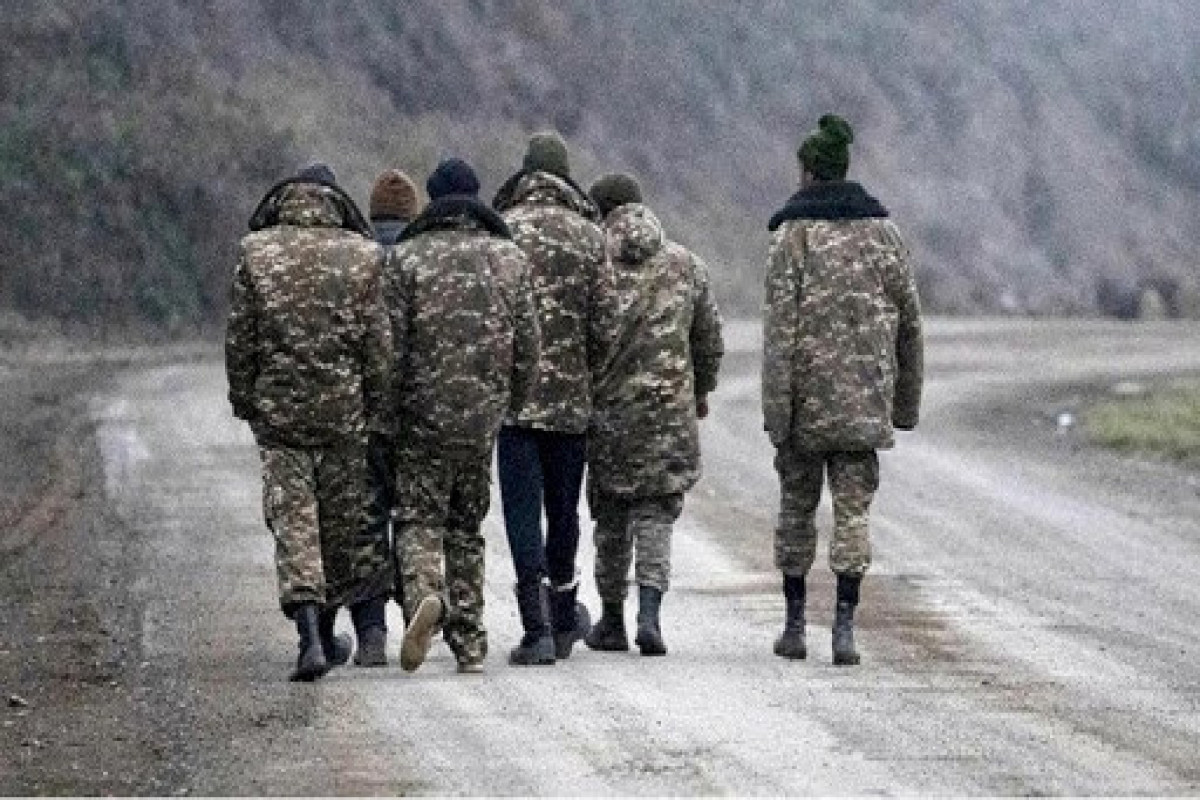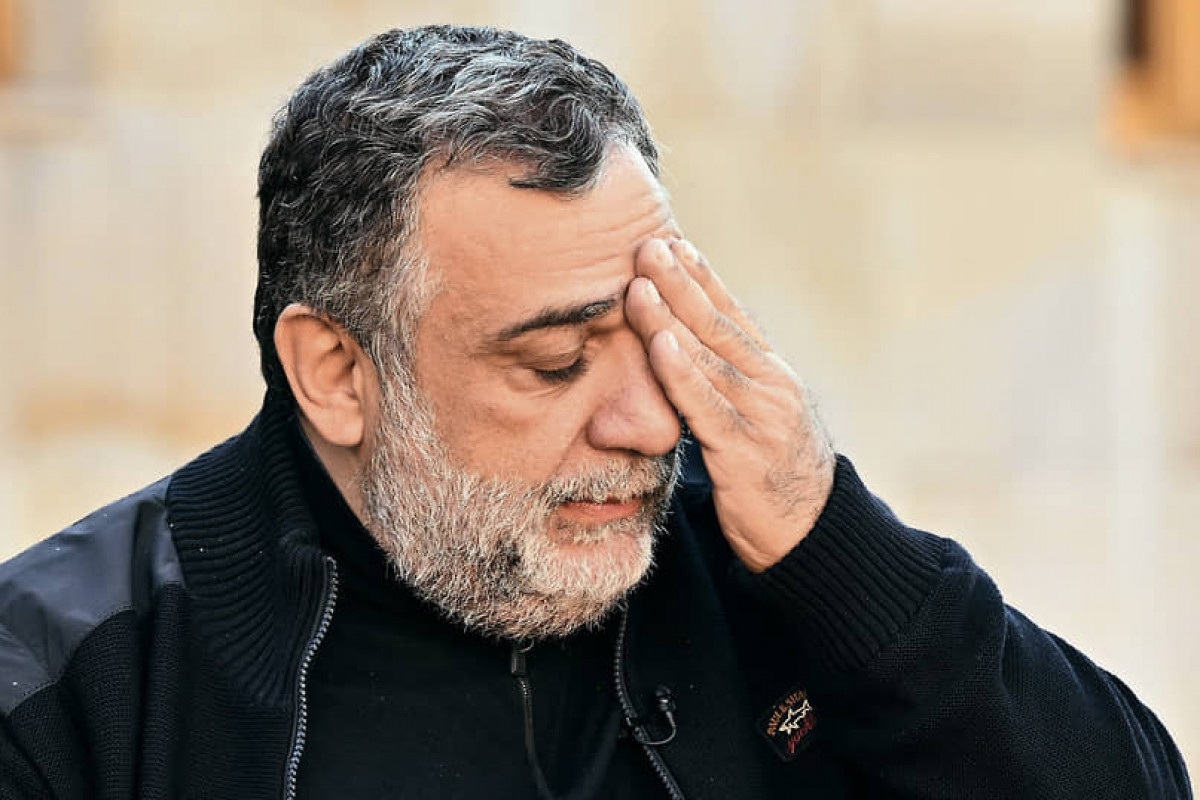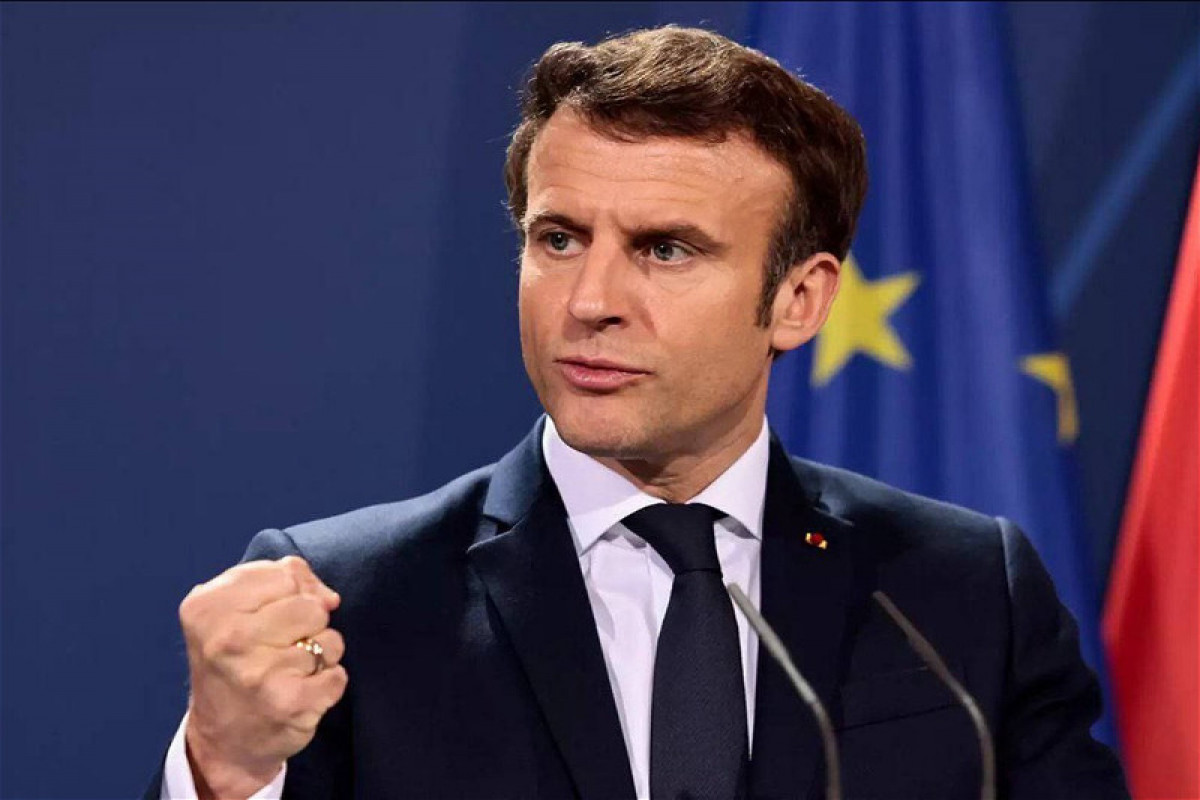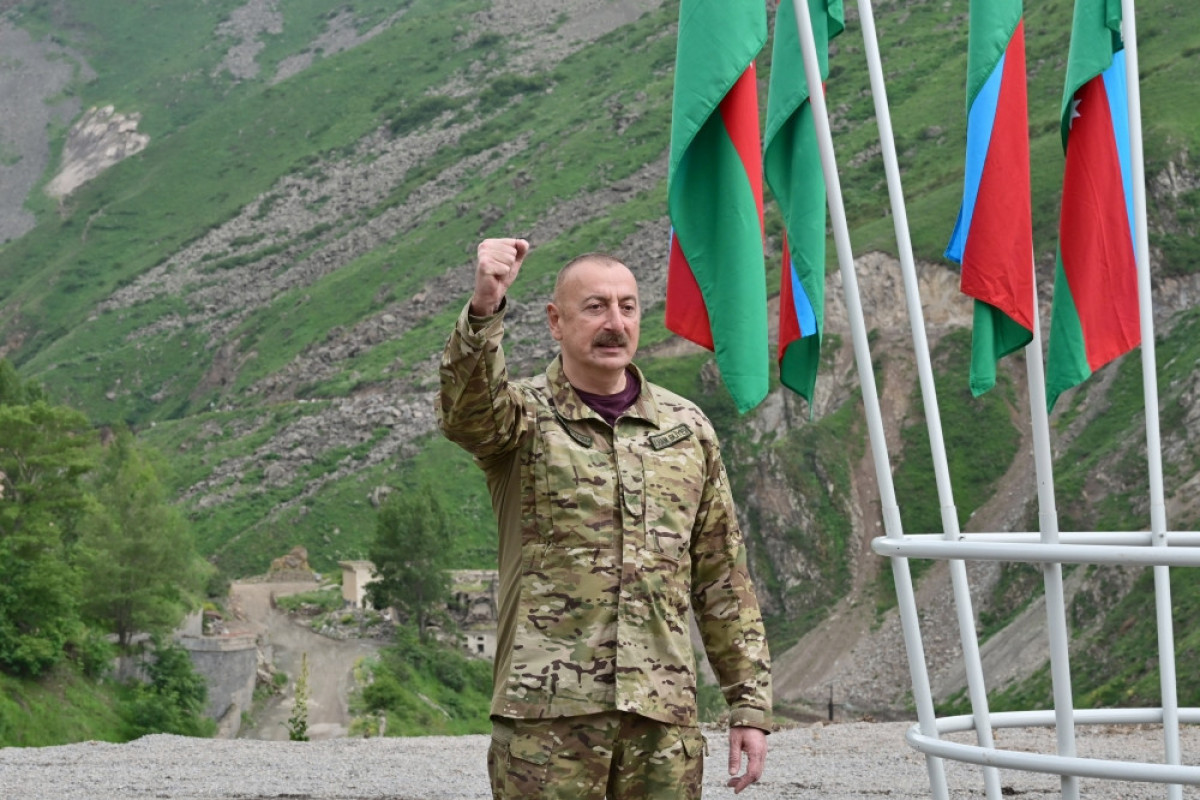Recently, the appeals of various organizations and human right activist to Azerbaijan contain the phrases such as “returning of prisoners of military”, “handing over the prisoners of military”, lawyer, Director of Norma Law Center Shamil Pashayev told APA.
Using the term "prisoner of military" by some organizations and human rights activists, as well as the media regarding those who have committed war crimes is wrong: “The 44-days war between Azerbaijan and Armenia ended with the signing of trilateral statement on November 10. Members of an armed group neutralized after this date are not included in the category of prisoners of war or prisoners of the military. In general, the phrase prisoner of war does not concern to international conflicts. At least two states participate in international conflicts. The term "prisoner of war" is recognized only as a citizen of one of the warring states. The term "prisoner of war" is recognized only if he/she is a citizen of one of the war waged states. If a citizen of any third country participates as a party to the conflict and there is no war with that country, this person cannot be called a "prisoner of war." This is included to the category of person who has committed war crimes, accordingly, research and investigation should be conducted regarding that person.”
The lawyer noted that also those of Armenian militants who were neutralized in armed combat and were Azerbaijani citizens living in the territory of Azerbaijan during, before, or after the war cannot be called prisoners of the military: “If there are such kind of persons, they are characterized as rebels. Prosecution of those persons should be carried out in accordance with the legislation of Azerbaijan.”
Shamil Pashayev noted that the rules of treatment and return of prisoners of war are regulated by the Convention on the Treatment of Prisoners of War dated 12 August 1949: “That convention reads that those provisions shall concern to wars between two or more agreeing parties. It is clear from this that the status of prisoner of war applies to those who took part in armed conflicts during the war and captured.”
The lawyer noted that it has been noted in those conventions and other international documents that before the return of prisoners of war, it must be examined that whether they were involved in war, peace and criminals against humanity: “If there are people that committed such criminals, the relevant investigation should be conducted and they should be brought to justice. The status of military prisoner does not give non-prosecution immunity.
For example, currently, investigation of criminals of Armenian militants Mkrtichyan Ludvik Mkrtichovich and Khosrovyan Alyosha Aramaisovich, who have tortured Azerbaijani prisoners in the First Karabakh war and committed other criminals, has been conducted. Generally, criminal case has been launched on time regarding the inhuman treatment against Azerbaijani hostages and war of prisoners during the First Karabakh War, and many of these people have been put on the international wanted list being involved as accused”.
The lawyer said that it has been noted in the principles of the Nuremberg International Military Tribunal that in accordance with the international law, the person who committed a criminal act must be punished: “Military prisoner status does not absolve a person from responsibility for a crime he has committed under international law”. S. Pashayev has noted that there is considerable experience regarding such lawsuits: For example, various decisions have been made regarding 24 people who have been convicted with crimes “crime against humanity, a war crime, crime committed against peace in the world, and to cause the war” in October of 1945 in Nuremberg criminal.
Veselin Vlahović has been sentenced to 45 years in prison in accordance with the decision of Bosnian court due to military criminals committed during the Bosnian war in 1992-1995.
The lawyer noted that it has been noted in those conventions and other international documents that before the return of prisoners of war, it must be examined that whether they were involved in war, peace and criminals against humanity: “If there are people that committed such criminals, the relevant investigation should be conducted and they should be brought to justice. The status of PoW does not give non-prosecution immunity.
For example, currently, investigation of criminals of Armenian militants Mkrtichyan Ludvik Mkrtichovich and Khosrovyan Alyosha Aramaisovich, who have tortured Azerbaijani prisoners in the First Karabakh war and committed other criminals, has been conducted. Generally, a criminal case has been launched on time regarding the inhuman treatment against Azerbaijani hostages and war of prisoners during the First Karabakh War, and many of these people have been put on the international wanted list being involved as accused”.
The lawyer said that it has been noted in the principles of the Nuremberg International Military Tribunal that in accordance with the international law, the person who committed a criminal act must be punished: “Military prisoner status does not absolve a person from responsibility for a crime he has committed under international law”. S. Pashayev has noted that there is considerable experience regarding such lawsuits: For example, various decisions have been made regarding 24 people who have been convicted with crimes “crime against humanity, a war crime, crime committed against peace in the world, and to cause the war” in October of 1945 in Nuremberg criminal.
Veselin Vlahović has been sentenced to 45 years in prison in accordance with the decision of the Bosnian court due to military criminals committed during the Bosnian war in 1992-1995.
The International Criminal Tribunal for Yugoslavia has sentenced Mico Stanisic, the former interior minister of Serbia and former chief of police Stojan Jupliani to 22 years in prison in 1992 due to committing military criminals in Bosnia and Herzegovina. As well, Bosnian Serb military commander Ratko Mladic has been convicted since 2012 in the International Criminal Tribunal regarding the former Yugoslavia case. He has been sentenced to life imprisonment convicting due to killing more than 7000 Bosnians in the Srebrenica massacre in 1995. At the same time, more than 120 thousand people have been arrested for involving in the war and criminals against humanity in the Rwanda works.






